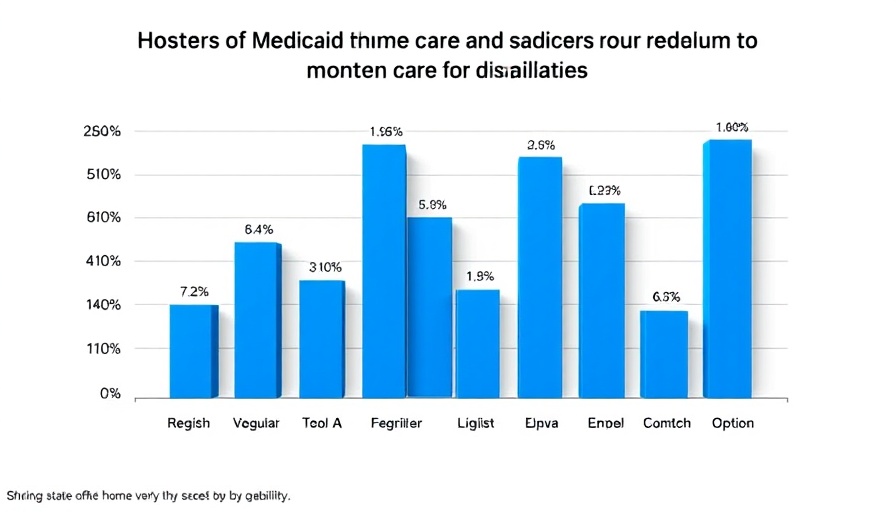
Understanding Medicaid Home Care: A Lifeline for Seniors
Many older adults and those with disabilities find it difficult to manage self-care activities, necessitating support in performing daily tasks. This assistance, collectively referred to as "long-term care," can be provided in various settings, including nursing homes, assisted living facilities, and importantly, within their own homes. A significant misconception among the public is the belief that Medicare serves as the primary insurance for low-income seniors needing long-term care. In fact, Medicaid steps in as the chief payer, covering approximately two-thirds of all home care expenditures in the U.S., according to recent data.
As Congress considers substantial cuts to Medicaid—amounting to $2.3 trillion over a decade—there is growing concern over how these reductions may impact access to essential home care services. This article delves into Medicaid home care, also known as Home-and Community-Based Services (HCBS), the population it serves, and projections on how proposed funding cuts might alter its landscape.
The Basics of Medicaid Home Care
Medicaid home care is designed to assist seniors with personal care needs, encompassing activities such as bathing, dressing, and medication management. While nursing facility care is mandated under Medicaid, home care is at the discretion of individual states. Currently, about 4.5 million individuals benefit from Medicaid-covered home care each year.
States utilize various federal programs to deliver home care through Medicaid, including 1915(c) waivers, 1115 waivers, and state plan benefits. Each state approaches home care differently, which can lead to variability in available services and eligibility requirements.
Medicaid’s Significance for the Elderly
With increasing federal budget cut proposals, advocates are voicing urgent concerns about the future of Medicaid home care programs. For many seniors, the option for home care under Medicaid provides a crucial safety net. Rather than relocating to assisted living or nursing facilities, which might not be financially viable, home care allows elderly individuals to remain in familiar environments while receiving necessary support.
According to industry representatives, more than 60% of nursing home residents depend on Medicaid, marking it as a vital resource for those needing continuous care. Without it, many seniors could face insurmountable barriers to accessing needed services. Organizations that cater to the aging population are calling for lawmakers to consider the ramifications of Medicaid funding cuts, particularly for those relying on home and community-based programs.
Proposed Cuts and Potential Consequences
Advocates for older adults have raised alarm over proposed Medicaid budget cuts, emphasizing that these reductions could compel states to reevaluate their eligibility criteria and service offerings. Cuts could entail scaling back home care programs, raising barriers to accessibility for seniors, or even causing funding shortages that hinder the ability to employ skilled caregivers.
For seniors residing in or nearing retirement, the proposed changes could mean more limited choices for care or the need to transition to costlier institutional settings. Strong advocacy is emerging, urging Congress to approach Medicaid reform with a focus on sustaining essential services rather than limiting them.
A Closer Look at Medicaid Eligibility
Eligibility for Medicaid home care typically hinges on age, disability, income limitations, and resource evaluation. Most applicants must meet stringent criteria, such as income caps set at 300% of the Supplemental Security Income limit and strict asset allowances. Furthermore, many who access Medicaid home care are dual-eligible for Medicare, underscoring the intersection of these two vital programs for seniors.
Conclusion: The Need for Advocacy
As the landscape for Medicaid home care shifts under fiscal pressures from Congress, it is vital for seniors and their families to stay informed about these changes and advocate for their care needs. With the understanding that home care can enhance quality of life significantly, contacting local healthcare specialists for clarity on individual situations is essential. If you're uncertain about healthcare issues that affect you or your loved ones, don't hesitate to reach out. Confused & Need Answers On Healthcare Issues? Speak To Our Specialist Right Away & Call 231-571-6100
 Add Row
Add Row  Add
Add 




Write A Comment